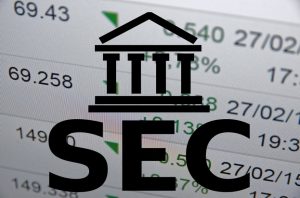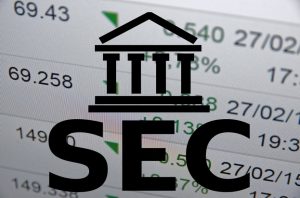Why Does Wall Street Oppose a Fiduciary Duty?
 The Securities Industry and Financial Markets Association has stated that in 2019, it plans to keep pressure on state officials who consider following Nevada in imposing a higher standard of care on broker-dealers. Leaders of the organization said that after praising a federal proposal that has been in the making for decades, SIFMA is committed to heading off state efforts that could overlap with the proposal, known as the Regulation Best Interest.
The Securities Industry and Financial Markets Association has stated that in 2019, it plans to keep pressure on state officials who consider following Nevada in imposing a higher standard of care on broker-dealers. Leaders of the organization said that after praising a federal proposal that has been in the making for decades, SIFMA is committed to heading off state efforts that could overlap with the proposal, known as the Regulation Best Interest.
For years, the industry has disagreed about how to ensure that broker-dealers and investment advisers act in their clients’ best interests when recommending investments. In April, the U.S. Securities and Exchange Commission introduced Regulation BI, which is a proposal that would put checks on brokers and advisers.
“We would hope that states will pause, let the SEC act and then figure out how that’s going to protect their constituents within their states,” SIFMA’s president and CEO, Kenneth Bentsen said. “It is an issue of high interest to us and something we’ve been very involved in.”
 Securities Arbitration Lawyers Blog
Securities Arbitration Lawyers Blog


 On 8/9/2018, The U.S. Attorney’s Office for the Eastern District of Michigan filed criminal charges against Maccoll in an action initiated by the United States Securities and Exchange Commission (
On 8/9/2018, The U.S. Attorney’s Office for the Eastern District of Michigan filed criminal charges against Maccoll in an action initiated by the United States Securities and Exchange Commission ( What the new code of conduct rule entails and how it could affect elderly investors
What the new code of conduct rule entails and how it could affect elderly investors

